|
Heart Survivors
Women who have experienced heart disease, heart attack or stroke share their courageous stories. Each had to advocate for herself to receive proper care in order to survive.
Please support the Women's Heart Foundation's mission to educate women by making a donation.
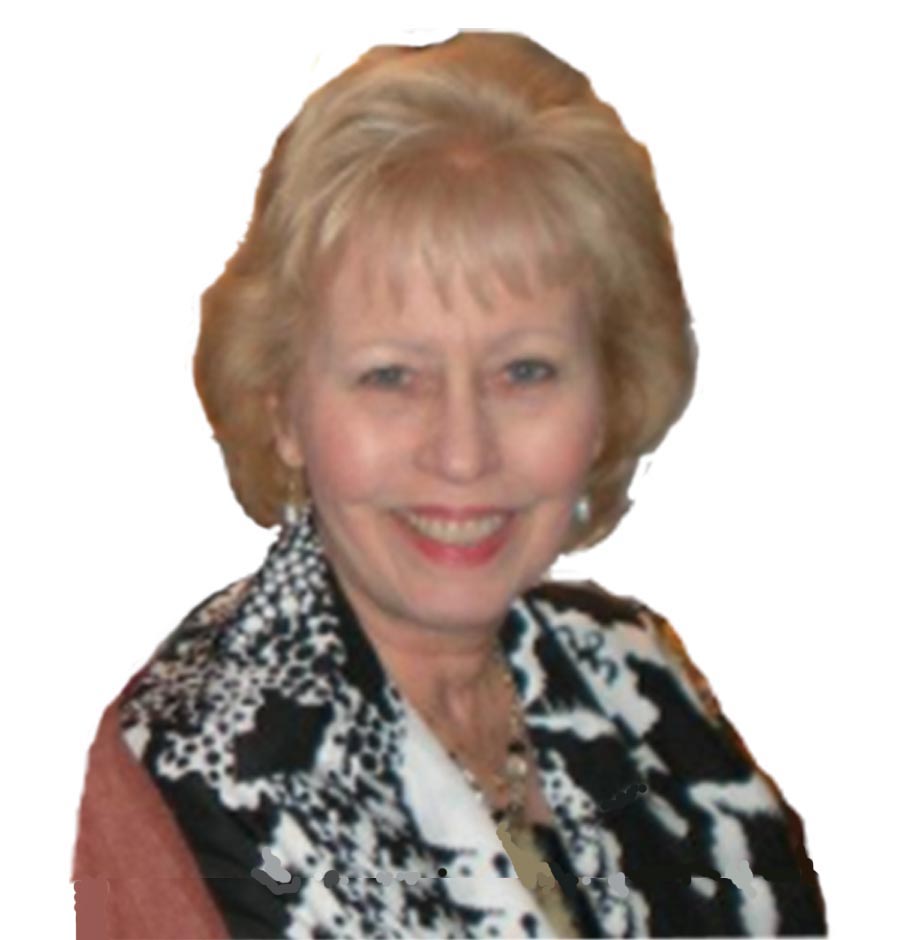
PAT: AGE 64 |
|
My cholesterol-lowering drug caused me to have symptoms of Multiple Sclerosis and Hydrocephalus. Two years ago, I was told I had high cholesterol and needed to take a statin to reduce my risk of heart disease. Over the next three months, I became progressively ill with weakness in my legs. I lost the ability to think clearly. I couldn't remember simple things. Eventually, I couldn't walk or talk. The fourth month, I became bedridden and incontinent of my water. I was crying all the time. My husband took me to see neurologists at Johns Hopkins. They thought I had pressure on the brain and scheduled a spinal tap. There was discussion of placing a shunt inside my brain. Then, after eight months of feeling ill, I woke up and realized it was the statin drug that was making me sick. I stopped the drug that very day. It has been a year and three months since I stopped the cholesterol-lowering drug. I have regained my ability to walk and talk. My bladder control has improved with a new medication, and I am feeling more hopeful of the future with my husband and family. |
|
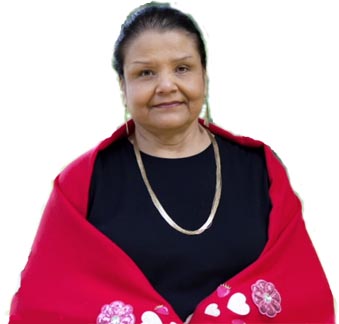
SUZANNE: AGE 55
|
|
My main symptom was shortness of breath, not chest pain. It was January 2003, when I returned home from teaching an evening class, carrying course outlines, handouts, and books. When I came into my home, I could not catch my breath. There was no pain, my breathing just seemed to improve with shallow breaths. I began to consider the possibilities of what was happening. My first thought was the items I was carrying were too heavy, or perhaps I was coming down with a respiratory infection. The shortness of breath stayed with me for most of the evening.
A week later, I visited my primary care physician, and shared my experience. He made a referral to a cardiologist, “just in case something may be of concern with my heart.” The cardiologist provided a brief examination and stated, “I am 94% sure it is not your heart.” He provided a prescription of an antacid and instructed me to take it for 30 days. A month later, when I returned to his office, he asked, “Did the prescription help?” I stated, “No, it did not help at all with the breathing issue." He then arranged several tests, including a cardiac catheterization, which detected three arteries with more than 70% blockage. He indicated my condition was manageable with medication, and after five years, I may require surgery. So, I took the medication and off I went about my life thinking my heart condition was under control. In March 2003, I had a heart attack. Six cardiac catheterizations, and six stents later, in December 2004, I had open heart bypass surgery. After surviving all of this, I have come to the conclusion the Creator has more in mind for me to do.
I created The Healing through Culture and Art Shawl Collection with an American Indian cultural approach to inform, support, and encourage mindfulness of self-care and increase heart health awareness for women. |
|
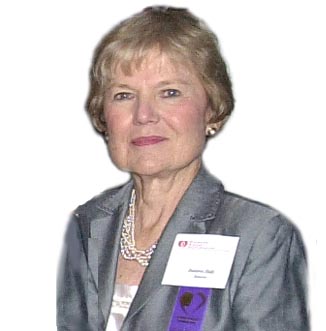
DOLORES
|
|
It's been 15 years since we lost our Noreen. She was the eldest of five children -- we are blessed with wonderful memories and feel so lucky to have had her for 47 years. Her symptoms of heart disease were totally missed - misdiagnosed, misinterpreted and mistreated. Younger women are at greater risk of dying from Long QT - an inherited electrical disturbance affecting the heart rhythm. Our family has done much to raise awareness of this issue, and now, every police car in New Jersey is equipped with an Automated External Defibrillator (AED) as the patrolman - first responder - may have been able to save my daughter's life. more Certain medications affect QT interval. click here to visit the NIH website list of medicines to avoid. |
|
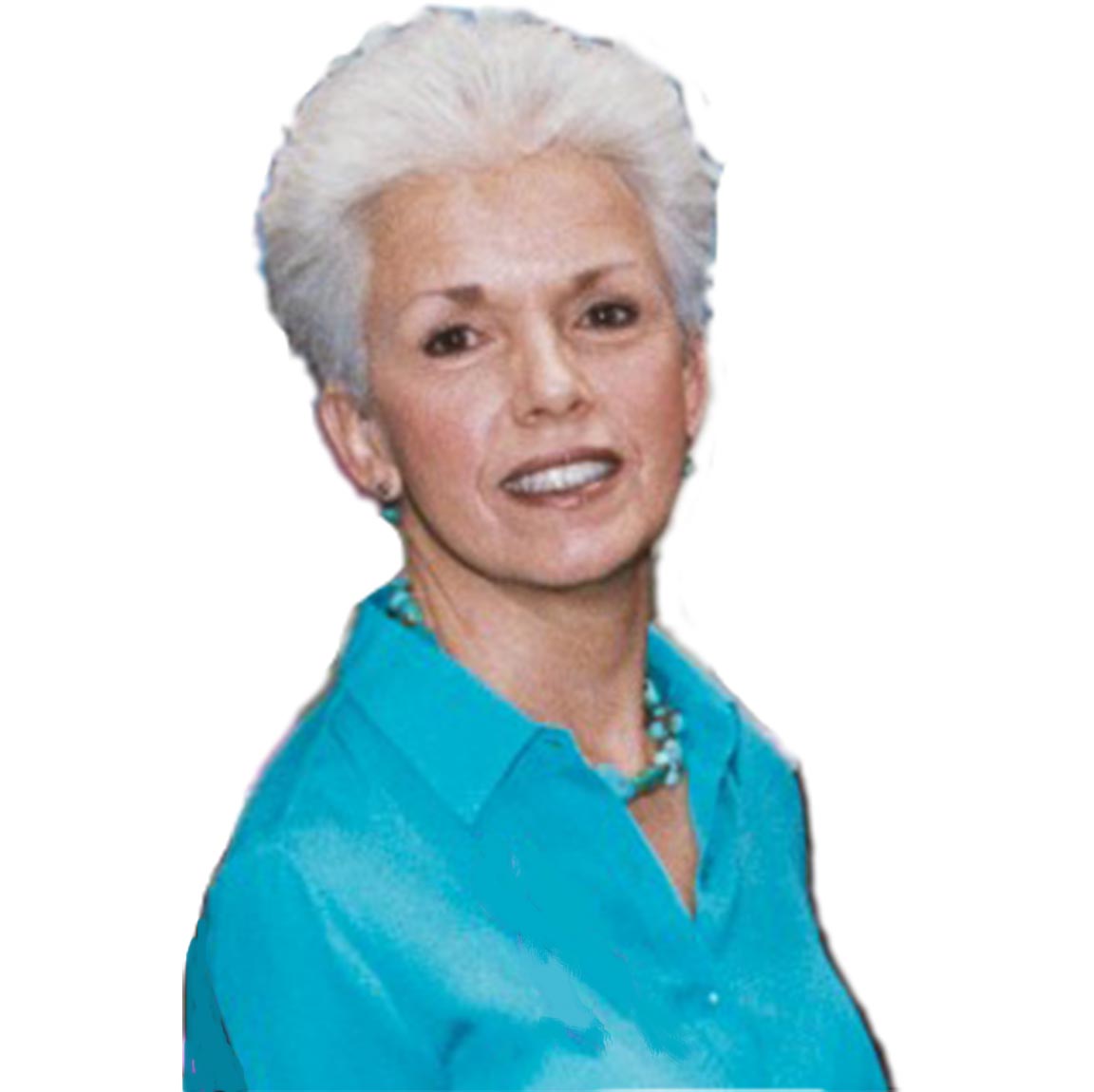
JEAN: AGE 59
|
|
My chief symptom was severe indigestion. For three mornings in a row, I awoke with nausea and weakness. And I had a funny feeling in my chest. The fourth day, I began retching uncontrollably. That's when I knew it was my heart. I called 9-1-1 and went to the best heart center where I received emergency angioplasty, but I had to insist on an EKG. 70% of women have heart attacks without any chest pain at all. Listen to your body. Trust your instincts.more
|
|

CINDY: AGE 37
|
|
I was five months pregnant with my fourth child when I found myself paralyzed on the right side and unable to talk. I was having a stroke. My ten-year-old daughter called 9-1-1 and it saved my life. Before becoming pregnant, I had warning signs or "TIAs", but the doctors couldn't find anything wrong. After my stroke, I was determined to recover and take care of my new infant son and family. African- American women are at especially high risk for heart disease and stroke. Know the warning signs of stroke and work closely with your doctor to control high blood pressure. more
|
|
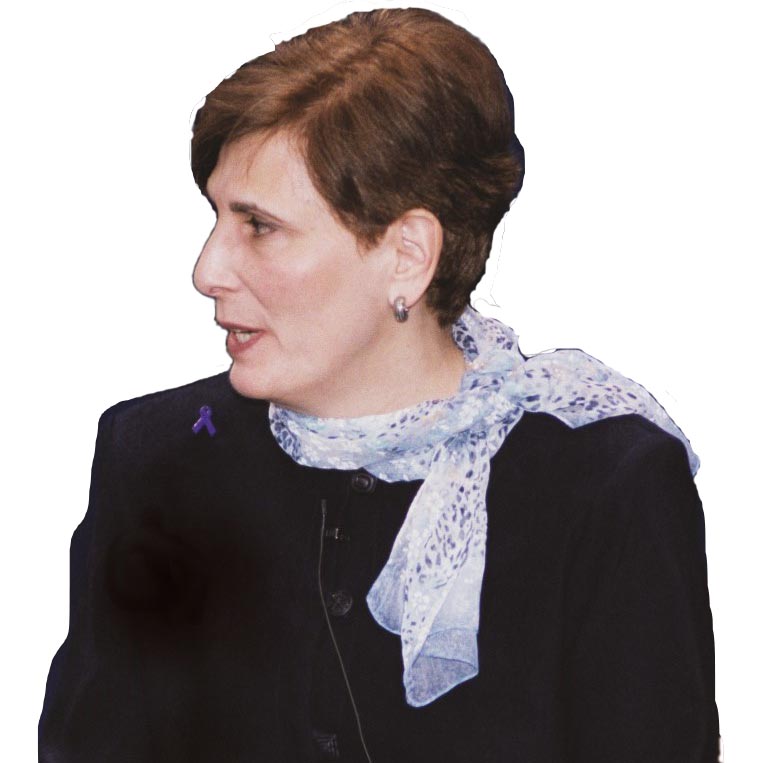
BEVERLY: AGE 47
|
|
I was tired all the time. My gynecologist blamed it on being peri-menopausal and recommended estrogen, but I declined because of a history of breast cancer in my family. I had put on a lot of weight and suspected my thyroid was the problem, so I saw an endocrinologist for a second opinion. I had gained weight but didn't know why as I was always careful about what I ate. I was placed on a diet and I was already taking a cholesterol-lowering drug since the age of 41. I was completely exhausted and worried if I could continue working. It felt like the life was draining right out of me. Then one day, when I was walking my dog, I got this burning sensation in my throat that frightened me. I called my doctor and he saw me right away. He said that my symptoms were related to angina.
I had a thallium stress test and then, a heart catheterization found a 90% blockage of my left anterior descending artery. I had an angioplasty before suffering permanent damage to my heart. It took me a full year to get a diagnosis. My weight gain was due to fluid retention. I am grateful to be alive. more
|
|

JENIFER: AGE 23
|
|
I am a young mother of infant twin boys, struggling with postpartum cardiomyopathy. Why is there no research being done to understand this life -threatening problem? My boys were born at 34 weeks. I kept going into labor and they kept trying to give me meds to stop the labor. That went on for about a week, until I finally said no more. Something was wrong and they needed to come out. After they were born I started to swell really bad and the docs said that was normal.
My boys were in nicu (neonatal intensive care unit) for about four days and they were going to go ahead and release me two days before they were to be released. That last night in the hospital, I had woken up at 2 o‘clock in the morning and could not breath. My husband was sleeping on a cot next to me, and I didn't want to wake him. I was so scared. I had pushed the call button for the nurse to come in and in the mean time I thought I was just having a panic attack, which I also suffer from. So when the nurse came in, I had told her never mind. In my mind I was so scared, but I thought I was just feeling the pressure of knowing that I was going home with out my babies (not really home but to a motel room because I had them 4 hours away from home). So I went to the nicu and just sat there for the rest of the night, just holding my twin sons.
The next day I was released and still very swollen, and the same thing happened again at 2 o'clock in the morning. It had felt as if I had a brick laying on my chest. I stayed awake all night expressing my milk for my sons because I could not lay down. I thought maybe I was just having a panic attack and that I would be better as soon as I was able to take my boys home. That went on for about another two nights. By that time, I was a walking zombie. I had not slept since I had the boys. I was so swollen I had to wear slippers because my shoes didn't fit. Finally the boys were released. We took the 4-hour drive home and were greeted by our family who we had not seen us in about a month. They looked at me and noticed that I was very swollen, but I told them the docs said it was normal I didn‘t mention to anyone about the “not being able to breath” part! It seemed to be happening only at night. Well that soon ended after a long night of the same thing, and by 5 o'clock in the morning, I finally looked at my husband and said I had to go to the emergency room. I could not breath.
We had placed a call to my OB/GYN doctor but he did not return my call so my husband took me to our family doctor who took my blood pressure: 160/110. My heart was beating so fast they gave me nitroglycerin and said to go to the emergency room. We didn't have time to wait for an ambulance. I walked in and was greeted by my OB/GYN who ordered a bunch of tests and finally confirmed it was ppcm. My ejection fraction was in the 20‘s and they didn‘t think I was going to make it!
more
|
|
Talk to Your Health Professional About Your Risk
Know the risk factors for heart disease:
high blood pressure, high cholesterol, diabetes, smoking, being overweight, being physically inactive, being 7+ years post-menopausal and having a family history of early heart disease.
Questions to ask your doctor:
- What is my risk for heart disease?
- What screening or diagnostic test for heart
disease do I need?
- What are my numbers and what do they
mean?
- Blood pressure
- Cholesterol- total cholesterol, LDL ("bad") cholesterol, HDL ("good") cholesterol, and triglycerides
- Body mass index and waist circumference
- Blood sugar level (could indicate risk for diabetes)
- What can you do to help me quit smoking?
- How much physical activity do I need to
help protect my heart?
- What is a heart healthy eating plan for me?
Heart disease is the #1 killer of women, regardless of race or ethnicity, and accounts for a third of all deaths among women. It also strikes at younger ages than most people think, and the risk rises in middle age. Heart disease can diminish health, well-being, and the abililty to do even simple activities like climbing stairs. The fact is, it can decrease your entire quality of life. Two-thirds fo women who have heart attacks never fully recover. And, if you have a heart attack, your risk of having another increases.
Act now to protect your heart.
|

























